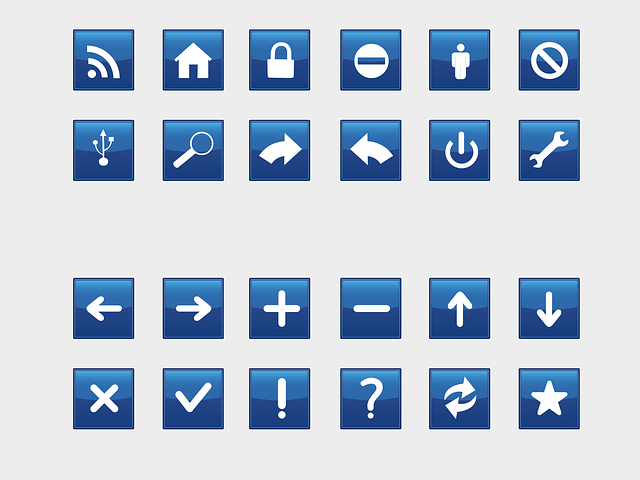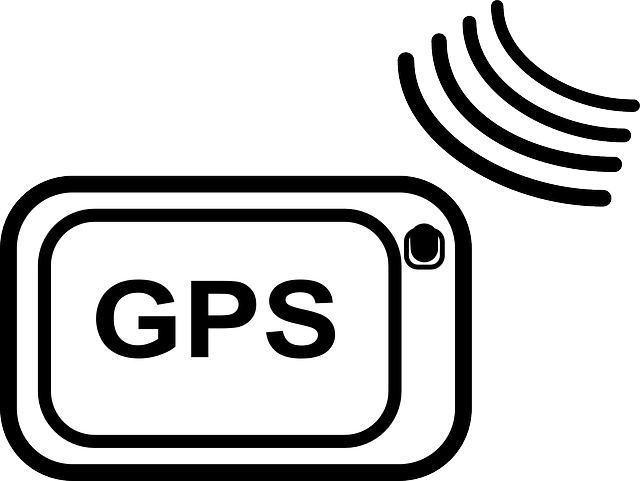Navigating Oregon DHS (Department of Human Services) child welfare cases requires understanding state law and agency policies. Parents/guardians should study child welfare laws, communicate effectively with caseworkers, and seek support from legal professionals and advocacy groups. Compliance with DHS procedures is vital to avoid delays and ensure the best interests of involved children are protected. Non-profit organizations offer tailored aid, counseling, and resources to help families navigate these complex cases successfully.
“In Oregon, the Department of Human Services (DHS) plays a pivotal role in child welfare, managing complex cases that require meticulous navigation. This article offers a comprehensive overview to demystify Oregon DHS child welfare cases. We explore the intricacies of becoming involved with DHS, providing effective strategies for case management and offering insights into legal procedures specific to Oregon. Additionally, we highlight valuable support resources available to individuals facing DHS cases, ensuring informed navigation through this critical process.”
- Understanding Oregon DHS Child Welfare Cases: An Overview
- Navigating the Complexities of DHS Case Involvement
- Effective Strategies for Oregon DHS Child Welfare Cases
- Unraveling DHS Legal Procedures in Oregon
- Support Resources for Individuals Facing DHS Cases
Understanding Oregon DHS Child Welfare Cases: An Overview

Understanding Oregon DHS Child Welfare Cases involves recognizing the complex interplay between state law and agency policies. The Department of Human Services (DHS) in Oregon is tasked with investigating and addressing reports of child abuse and neglect, which can lead to legal procedures that significantly impact families. Navigating these DHS cases requires a deep understanding of the organization’s strategies and protocols for ensuring child safety while also providing support systems to help families resolve issues.
Child welfare case outcomes often hinge on effective communication between parents or guardians, DHS caseworkers, and legal professionals. By familiarizing themselves with Oregon DHS child welfare case procedures, including legal requirements, parents can better prepare for interactions with the agency. This proactive approach not only helps in meeting expectations but also ensures that all involved parties are aligned in their efforts to protect and support vulnerable children.
Navigating the Complexities of DHS Case Involvement

Navigating the complexities of Oregon DHS (Department of Human Services) child welfare cases requires a deep understanding of the agency’s legal procedures and strategies. When a family becomes involved with DHS, it’s crucial to be aware that these cases often involve sensitive issues like neglect, abuse, or dependency. The first step is to familiarize oneself with the state’s child welfare laws and policies, which can provide valuable insights into the process and potential outcomes.
Effective case strategies involve proactive communication with DHS caseworkers, understanding the legal rights and responsibilities of all parties involved, and seeking support from advocacy groups specializing in Oregon DHS child welfare cases. This may include gathering evidence, documenting interactions, and exploring alternative resolutions while adhering to the DHS legalities. By employing these approaches, families can better navigate their DHS cases, ultimately advocating for the best interests of their children.
Effective Strategies for Oregon DHS Child Welfare Cases

Oregon DHS child welfare cases can be complex and challenging, but with the right strategies, families involved in these processes can navigate them effectively. One key approach is to thoroughly understand the DHS legal procedures specific to Oregon, ensuring compliance with every step to avoid delays or misunderstandings. Legal aid organizations and support groups dedicated to DHS cases can provide invaluable assistance, offering guidance on navigating the complexities of these proceedings.
Additionally, building a strong support system is crucial. This includes involving trusted family members, friends, and community resources who can lend emotional support and help with practical tasks. Many non-profit organizations in Oregon specialize in supporting families through child welfare cases, offering legal aid, counseling, and resources tailored to the unique challenges of these situations. By employing these strategies, families can better navigate DHS legalities and work towards positive outcomes for their children.
Unraveling DHS Legal Procedures in Oregon

Navigating Oregon DHS child welfare cases requires a thorough understanding of the state’s unique legal procedures. The Department of Human Services (DHS) in Oregon is tasked with protecting and supporting vulnerable children, and their case strategies are designed to ensure the best outcomes for these youth. When unravelling DHS cases, it’s crucial to recognize that each situation is complex, demanding a tailored approach that considers the child’s safety, well-being, and future prospects.
Support for individuals involved in Oregon DHS child welfare cases is essential. Legal aid organizations and advocacy groups play a vital role in assisting families throughout this challenging process, offering guidance on rights, responsibilities, and available resources. By familiarizing themselves with DHS legal procedures in Oregon, advocates can empower parents, guardians, and children to actively participate in case management decisions, ultimately fostering more positive outcomes and smoother navigations of these sensitive matters.
Support Resources for Individuals Facing DHS Cases

Facing a Oregon DHS child welfare case can be overwhelming, but there are resources available to help individuals navigate these challenging situations. Support for those involved in DHS legal procedures Oregon is crucial, offering guidance and assistance throughout each step of the process. Non-profit organizations and community centers often provide valuable child welfare case strategies, connecting families with necessary tools and information.
These organizations offer a safe space to learn about navigating DHS cases, from understanding DHS legalities to accessing financial aid and legal representation. They empower individuals and families to actively participate in their cases, ensuring their voices are heard. By leveraging these support resources, those facing Oregon DHS child welfare cases can better protect their rights and strive for positive outcomes.
